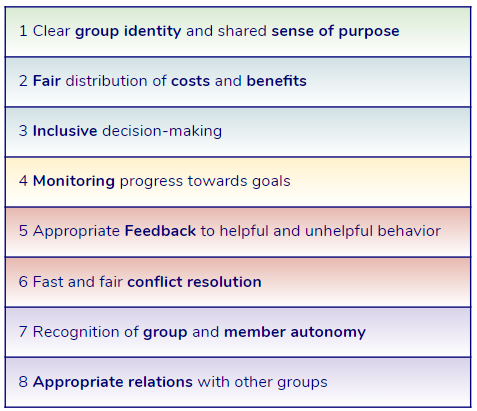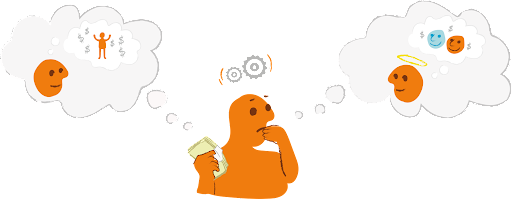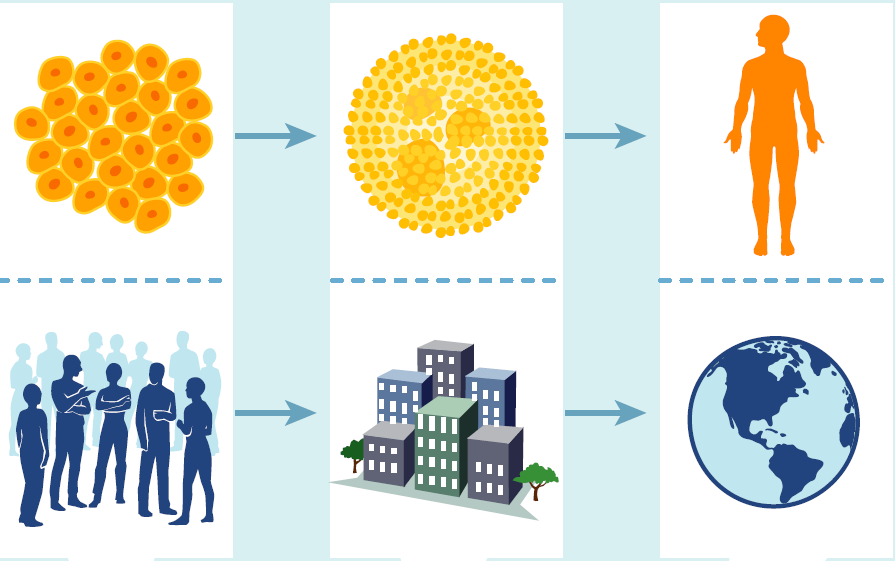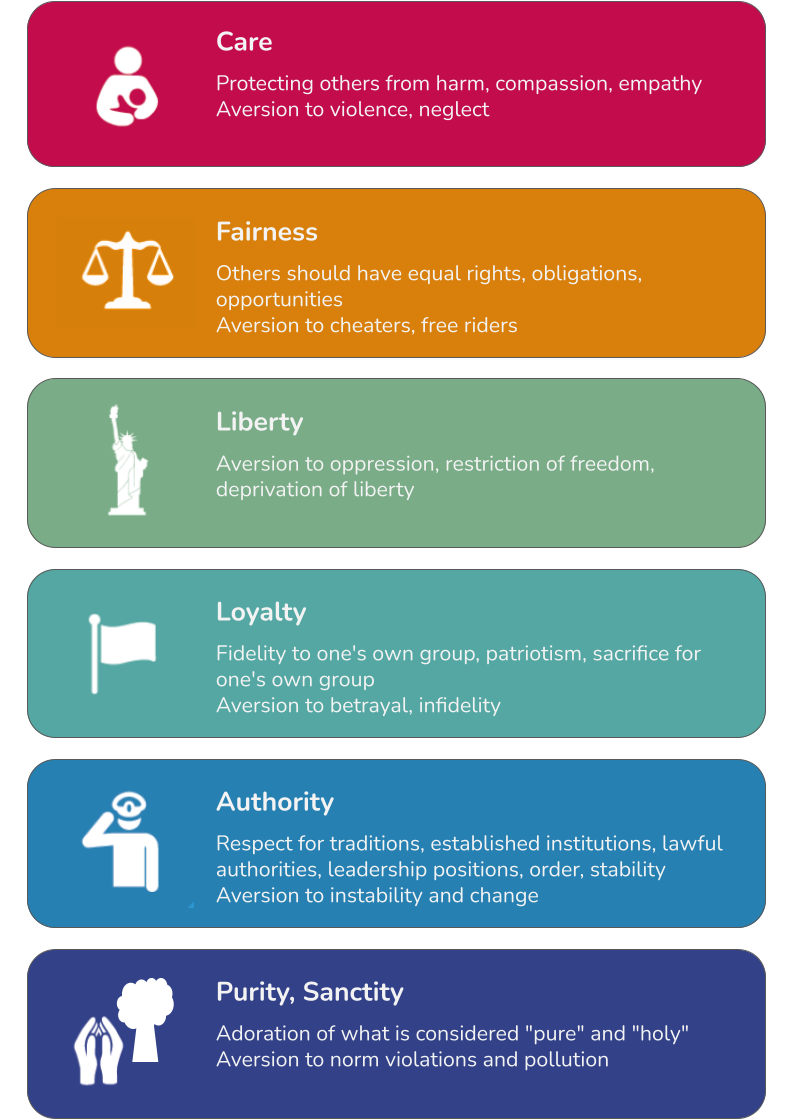
Exploring the Design Principles for Cooperation
Students explore the principles that allow groups to work together and achieve common goals, applying them to the groups that they are a part of or care about.
These lesson materials introduce students to issues of fairness and various interpretations of it. Based on some everyday scenarios, students reflect on what form of distribution they consider fair and recognize that there may be different interpretations of fairness for different people and situations.
This lesson also presents an experiment with children from three different cultures. In this experiment, it was examined to what extent conceptions of fairness can differ culturally. The role of learned social norms in the behavior of children becomes clear in these experiments. Social norms, in particular norms for the distribution of resources, reflect the specific challenges facing group life in a given society.
Based on insights from this lesson, students discuss how we can use our understandings to create a more fair world.
Author: Susan Hanisch

Students explore the principles that allow groups to work together and achieve common goals, applying them to the groups that they are a part of or care about.

A set of behavioral experiments across cultures that explore the human sense of fairness.

A reading text about the challenges of life in groups and how groups across biology have found ways to solve these challenges.

Students identify the moral intuitions underlying people’s opinions in quoted texts and images.
OpenEvo is an educational innovation project from the Department of Comparative Cultural Psychology at the Max Planck Institute for Evolutionary Anthropology.
Evolve the future of education with us!